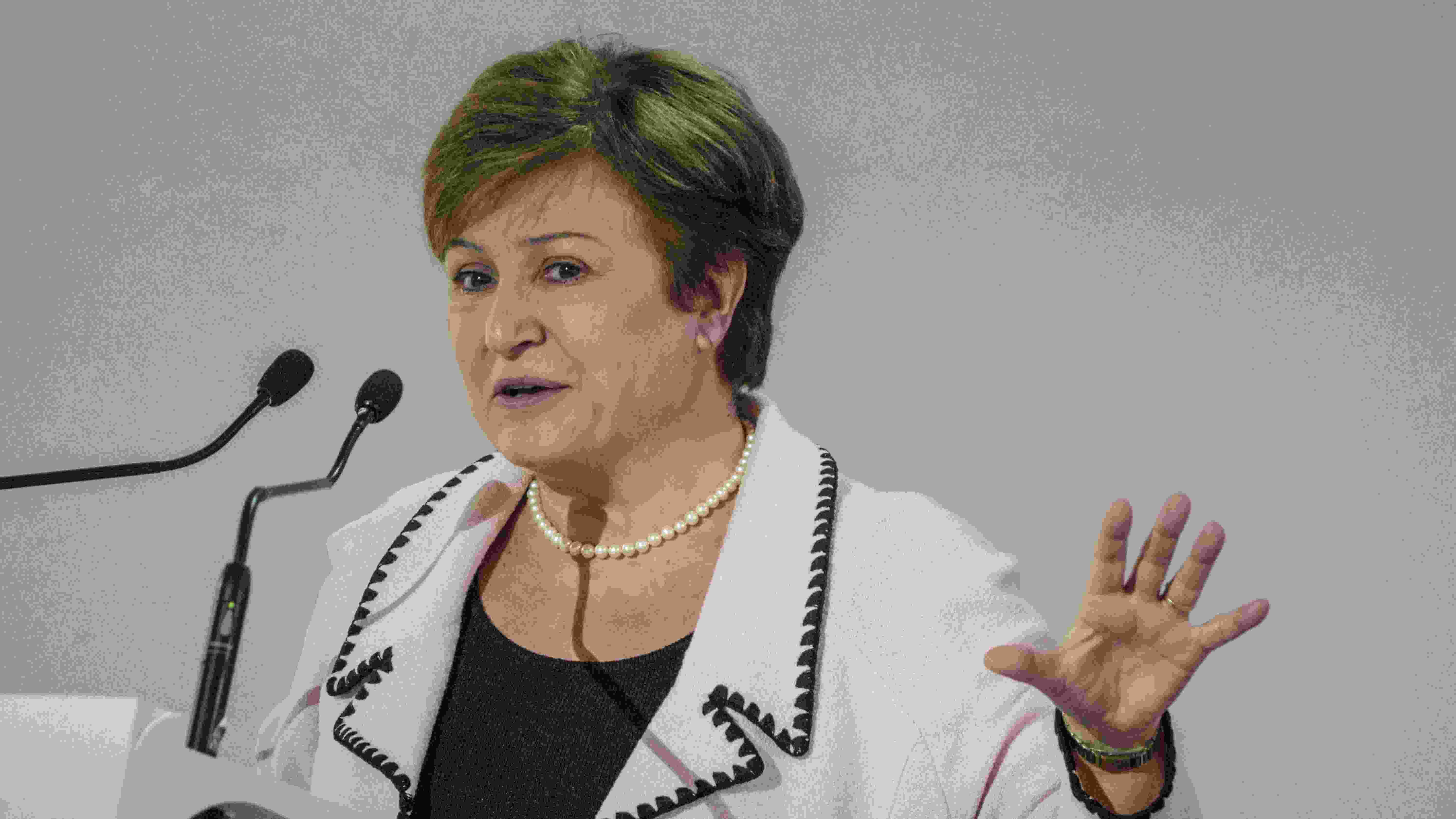
TV Show
22:23, 25-Apr-2019
What does the World Bank CEO think about BRI as a 'debt trap'?
Updated
17:05, 26-Apr-2019
World Insight with Tian Wei
01:39

More than five years into the Belt and Road Initiative (BRI), global enthusiasm for the program runs high. But the debt implications of the BRI have been under scrutiny, with some accusing China of setting up the so-called debt trap in participating countries.
At the second Belt and Road Forum for International Cooperation in Beijing, CGTN's Senior Correspondent Tian Wei interviewed World Bank CEO, Kristalina Georgieva. The World Bank is deeply engaged in countries that are active on the BRI platform. Georgieva talked about how she views a debt trap.
"When we have good accounting, then there is no speculation. It is very clear how big the debt burden that a country can take more. This is where the World Bank comes into play. The multilateral development banks as a system in the Belt and Road Initiative and across, is the way to have independent third party assessment and help countries do the right thing," said Georgieva.
Various international financial institutions, from European countries and other parts of the world, are cooperating on the platform of the BRI. Speaking of the role of the World Bank in the near future, Georgieva says the World Bank has long-standing relations with those countries participating BRI. The organization has been co-financing projects with other development institutions.
For example, she said the World Bank "has fifteen projects that are co-financed with Asian Infrastructure Investment Bank."
"What we believed much is that we can not individually be effective but collectively our strength is so much higher." she said.
According to Georgieva, the World Bank is committed to helping countries see their benefits, understand the risks and be able to manage those risks.
(If you want to contribute and have specific expertise, please contact us at opinions@cgtn.com.)

SITEMAP
Copyright © 2018 CGTN. Beijing ICP prepared NO.16065310-3
Copyright © 2018 CGTN. Beijing ICP prepared NO.16065310-3